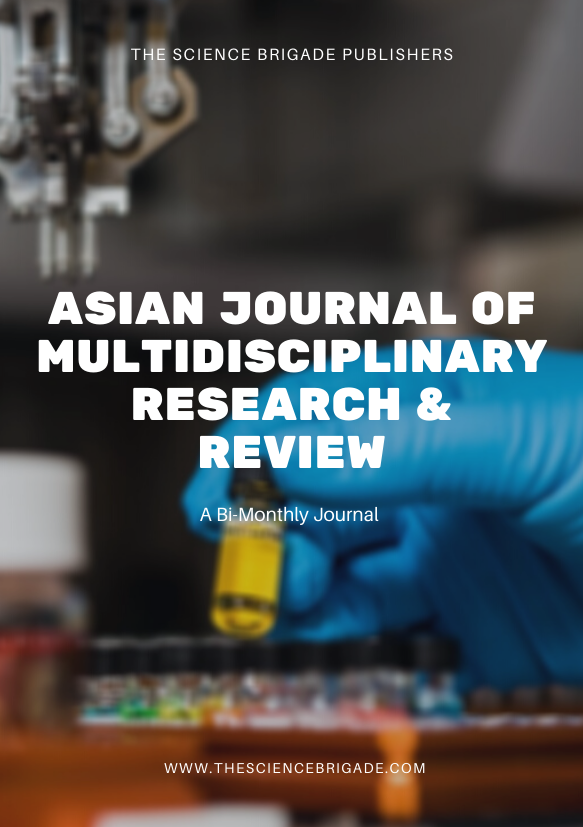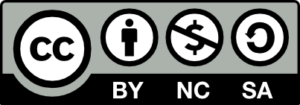Literature, within classical-fiction genre, has been used as a tool to discuss societal norm themes. One theme is when there are differences of opinion between governments and its citizens. This gives rise to censorship by the government towards its people because they are the ones who hold the power. An example is the literary theme of revolution, the criminal acts committed by citizens experiencing that revolution due to necessity, and its ultimate affects.
Victor Hugo’s Le Miserables was written during a time when France was in the cusp of revolution. The theme gave rise to a political theory that was attempted to be applied in the real world to try and create a more just society. The discussion of this essay is on the influences that Les Miserables had on the founders of Marxist Criminology Theory, and what causes the citizenry to revolt against supposed oppressive governments.
It will be centred on the protagonist character of Les Miserables, Jean Vealjean, and how he is comparable to the common-day folk. The Lens of Jean Valjean will be viewed from environmental influences, class struggles, and redemption perspectives through his interactions with other characters of the novel. One will be able to see the causes of lawful and deviant behaviours on an individual through these interactions.
It is the aim of this essay to act as a starting point from law makers, academics, and interested readers alike, to further dissect observations for possible future research and personal study by what they digested here.






